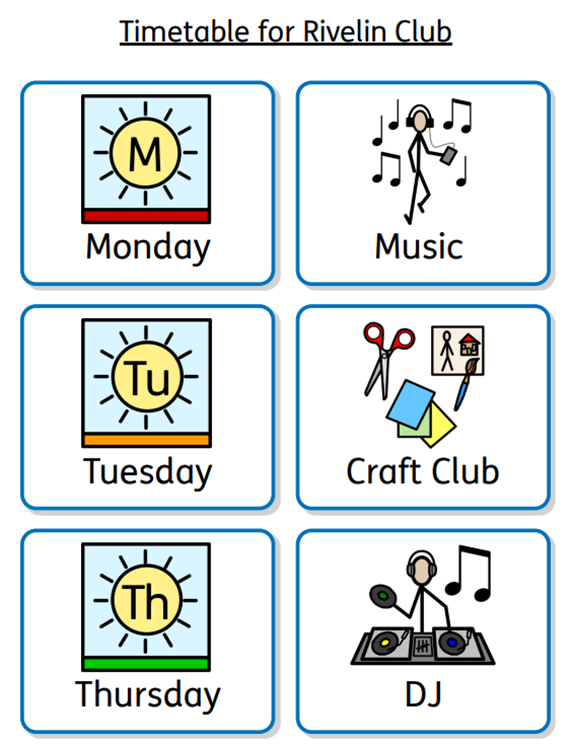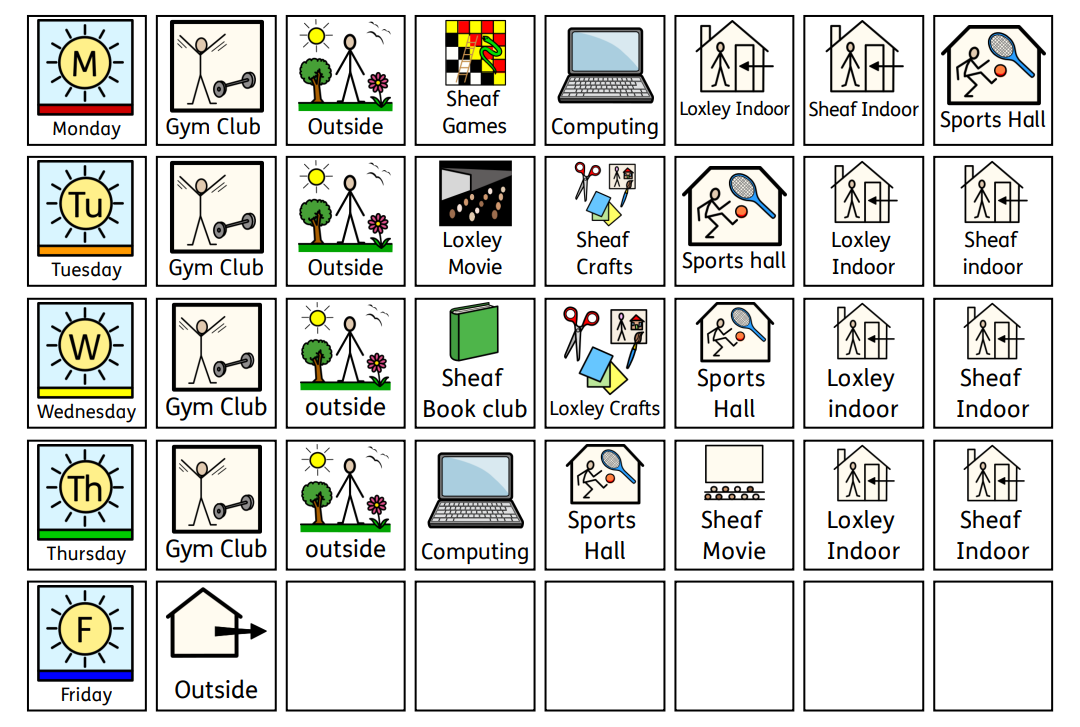Extracurricular Clubs
Our goal is to use structured, engaging activities during break and lunchtime to support students’ social, emotional and mental health (SEMH). These activities offer safe, positive experiences that promote resilience, communication skills and a sense of belonging.
|
Intent |
Implementation |
Impact |
|
Enhance pupil wellbeing, offer experiences that contribute positively to mental health. |
Mindfulness and wellbeing sessions: Deliver guided mindfulness activities to promote relaxation and focus Creative Arts Workshops: Engage students in Art, music and drama to express emotions constructively. Sports and Physical Activities: Organise team sports and fitness classes to improve physical and mental health. |
Improved Behaviour: Regular participation in structured activities helps reduce unregulated issues during unstructured times. |
|
Cultivate personal interests- Help pupils explore new activities that foster self-confidence and pride. |
Extracurricular Clubs: Offer a wide range of clubs, to cater to diverse interests. Project-Based Learning: Facilitate long-term projects where pupils can explore their passions, such as building models or creating digital art. Mentorship Opportunities: Pair pupils with mentors or experts in specific fields to guide their interests and build confidence. |
Peer Relationships: Pupils develop stronger connections through shared interests, improving communication and collaboration skills. Engagement and Enjoyment: Participation in meaningful activities makes pupils feel valued and more connected to the school community, increasing overall happiness and enthusiasm for school. |
|
Promote social skills- Encourage teamwork, empathy and social interactions. |
Circle Time Discussions: Create a safe space for pupils to share thoughts, listen to others and practice empathy. Collaborative Group Work: Design team tasks that require shared problem-solving and cooperative learning. Peer Support Programs: Implement buddy systems where older pupils mentor younger peers, promoting empathy and leadership. |
Mental Health Support: Pupils benefit from a holistic approach to their emotional well-being, fostering a sense of security and care. Confidence and Resilience: As pupils build new skills and overcome challenges, their self-esteem grows, better preparing them to handle adversity. |
|
Provide a safe, Structured Environment- Reduce potential behavioural issues by providing organised activities during unstructured times. |
Supervised Breaktime Activities: Introduce structured options like board games, crafts and sport games to channel energy positively. Lunchtime Clubs: Offer a variety of drop-in clubs to occupy pupils during breaks. Staff Presence: Ensure active staff engagement during unstructured times to model positive behaviour and provide guidance. |
Community Atmosphere: Pupils feel part of a nurturing and inclusive environment, fostering a sense of belonging. Motivation Boost: Fun, skill-building activities encourage pupils to stay motivated academically and personally. |
At Willow Park, we recognised that our lunchtime clubs were not fully meeting the interests and needs of all pupils. We believe that lunchtime activities should be a time of enjoyment, engagement, and enrichment for every pupil. To address this, we took a proactive approach to ensure that our clubs better reflected the voices and interests of our pupils.
We decided to gather input from our pupils to understand their preferences and ideas for new lunchtime clubs. We conducted surveys and held open discussions, allowing every pupil to share their thoughts and suggestions. The results of the pupil voice exercise are shown below.

Based on the valuable feedback we received, we developed a revised lunchtime club offer. Our aim was to incorporate a diverse range of activities that cater to the varied interests of our pupils. As you can see from the timetable below the range of clubs on offer now caters for a range of interests.

Timetable For Loxley and Sheaf Clubs

The Student Council played a crucial role in this process. They discussed the survey results and provided insights into the types of clubs that would be most popular and beneficial. Their input was instrumental in shaping the new lunchtime offer.
As we implement these new clubs, we will be closely monitoring their success and gathering feedback from pupils and staff. In the Summer term, we will conduct a review to assess the impact of the new lunchtime offer. This will allow us to make any necessary adjustments and continue improving our lunchtime activities.











